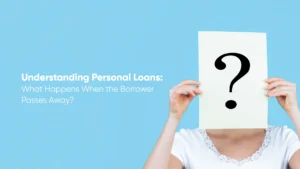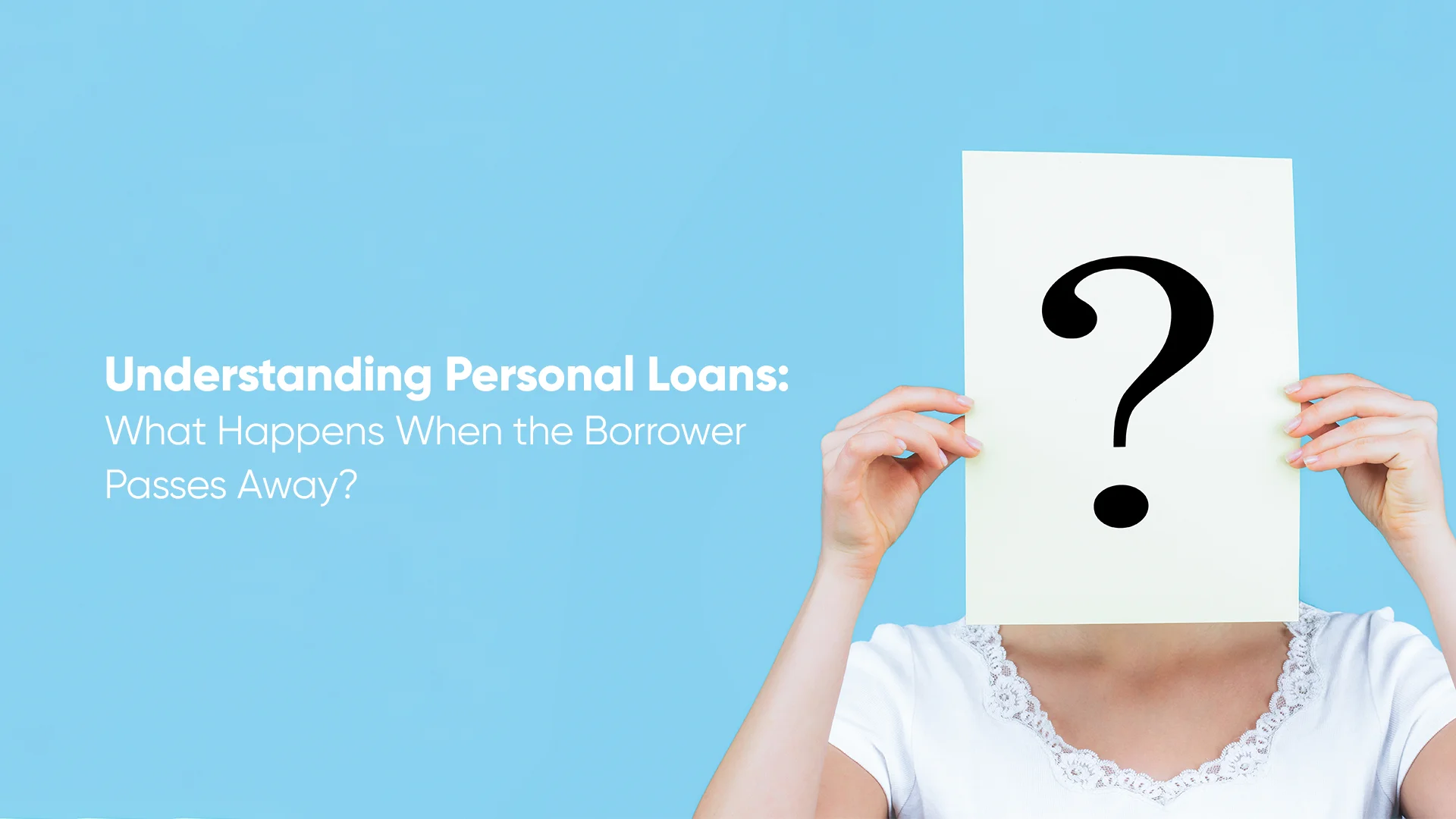What is the Minimum CIBIL Score for Personal Loan

When you apply for a loan, your CIBIL score plays an extremely important role. It impacts your loan approval, the interest rate offered and your credit limit.
Loan companies perceive your creditworthiness by reviewing your CIBIL score. CIBIL score becomes even more important when you apply for an unsecured personal loan. This is because you don’t have to pledge any collateral to borrow money. A higher CIBIL score will establish you as a less risky borrower and you will get personal loans at a competitive interest rate.
Table of Contents
ToggleWhat is a CIBIL Score for Personal Loan?
A CIBIL score is a three-digit number that is calculated on the basis of your credit behaviour. It ranges from 300-900. In simple words, your CIBIL score is an indicator of your past credit behaviour.
Different lenders have different scoring models. Generally, individuals with a CIBIL score above 700 are considered responsible borrowers. Let’s see how credit score ranges are perceived by lenders
| Credit Score | Range |
| NA/NH | “Not Applicable” or “No History” |
| 300-549 | Low |
| 650-749 | Good |
| 750-799 | Very good |
| 800-900 | Excellent score |
Also Read: How Can You Get a Personal Loan for a CIBIL Score of 550 to 600?
What is the Minimum CIBIL Score for Personal Loan?
Different banks and NBFC Personal loans have different criteria for approving personal loan applications. A minimum CIBIL score is a threshold below which lenders don’t give a loan.
For example – If a lender has a minimum CIBIL score criterion of 650 and your CIBIL score is 640, your loan won’t get approved.
If you find yourself in a situation where you are not getting loans due to a low CIBIL score, you should immediately start taking the necessary steps and increase your cibil score.
The Ideal CIBIL Score to Get a Personal Loan
Your CIBIL score is based on factors like your credit utilisation ratio, personal loan repayment track record and length of credit history. Although different lenders have different criteria for loan approval, a CIBIL score above 700 is generally considered a good cibil score.
High CIBIL Score
The maximum CIBIL score a person could have is 900. If your credit score ranges between 750-900, you are considered as a less-risky borrower.
Low CIBIL Score
Generally, a score below 600 is considered a low credit score. You would find it difficult to get a lender that would give you a loan if you have a low CIBIL score.
Why Should You Maintain a High CIBIL Score for Personal Loan
When you maintain a good CIBIL score, lenders think of you as a trustworthy borrower. As a result, you could enjoy the following benefits –
Lower Interest Rate
If you have a good CIBIL score, you can avail loans at lower interest rates since lending you money is considered less risky.
Higher Loan Eligibility
Since individuals with a good CIBIL score are low-risk borrowers, lenders feel comfortable offering them a higher loan amount.
Better Chances of Loan Approval
A higher CIBIL score proves responsible financial behaviour and hence, it significantly increases the chances of loan approval.
Factors that Affect Your CIBIL Score
- If you make your EMI payments on time, your CIBIL score increases as it indicates positive credit behaviour. Whereas, late repayments or missed EMIs will negatively affect your score.
- A higher credit utilisation of your credit card on a regular basis could bring down your credit score.
- Applying for loans or credit cards with multiple lenders at the same time could also negatively affect your CIBIL score as it shows credit-hungry behaviour.
- An error or inaccuracy in your free CIBIL report can also negatively impact your CIBIL score.
How to Improve a Low CIBIL Score
It is extremely important for your financial well-being to have a good CIBIL score. Start following these tips immediately to move up your CIBIL score needle –
- Pay all your EMIs on time. This will definitely increase your credit score as it shows responsible financial behaviour. To ensure that you never forget to pay an EMI on its due date, you can set up reminders or auto-debit.
- Never apply for multiple credit cards or loans in a short span of time.
- Keep your monthly credit card utilisation around 30%.
- Develop a habit of checking your credit report on a regular basis.
Also Read: How to Improve Cibil Score?
Alternative Lending Options for Individuals with Minimum CIBIL Score for Personal Loan
If you are finding it hard to get a personal loan approval due to a low CIBIL score, you can try out these alternatives –
1. Apply for a Secured Personal Loan
Since pledging collateral reduces risk for the lender, you will find many loan companies willing to lend you money if you are ready to provide a security against the loan.
2. Apply with a Co-Applicant
If you don’t meet the criterion of minimum cibil score for loan, you can get personal loans by applying with a co-signer or guarantor. Your co-applicant should have a good CIBIL score.
3. Don’t Apply for a Higher Loan Amount
To build your CIBIL score and increase your chances of loan approval, apply for a smaller loan amount.
Also Read: Short Term Loan
Conclusion
A good CIBIL score works as a facilitator towards achieving your financial goals. Lenders think of individuals with good CIBIL as more trustworthy borrowers and give good deals on credit products.
If you have a low CIBIL score, you should take all the necessary measures to improve it.
If you want to avail a personal loan, you can check your loan eligibility with Zype in less than 6 minutes. Just download the app and enter these basic details – name, mobile number, PAN and employment information. Your credit line offer will be generated in less than 60 seconds.
Frequently Asked Question
Can I Get A Personal Loan With CIBIL 690?
It is possible to get a personal loan with a CIBIL score of 690. Download the Zype app and complete the loan application to check your loan eligibility.
What is the Minimum CIBIL Score For A Loan?
Different Lenders Have Different Criteria For A Minimum CIBIL Score For Personal Loan.
Are There Lenders Who Offer Personal Loans For Individuals With Low CIBIL Scores?
Yes, different lenders have different criteria of minimum cibil score for loan. There are many lenders who offer personal loans to individuals with a low CIBIL score.
Can I Get A 15000 Loan with 650 Credit Score?
Yes, it is possible to get a 15000 loan with a 650 credit score. Download the Zype app and complete the application process to check your loan eligibility.
YOU MAY ALSO LIKE


Search by posts
Recent post
Categories
- Blog (6)
- Credit History (37)
- Credit Line (7)
- Festive (4)
- Finance (15)
- Mutual Fund (19)
- Personal Loan (297)
- Tax (8)
- Zype (4)












